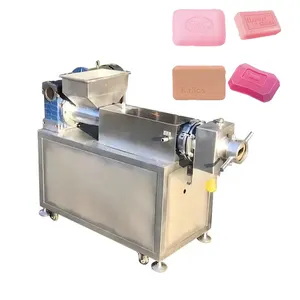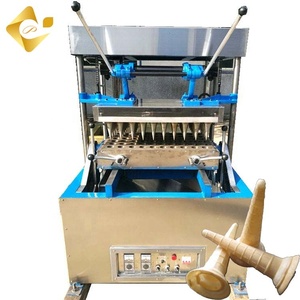Popular in your industry

















Top categories
About yarn spinner
Introduction to Yarn Spinner
A yarn spinner is a crucial piece of machinery in the textile industry used to twist fibers together to form yarn. This process is essential for creating various textiles, such as clothing, upholstery, and more. Yarn spinners come in different sizes and configurations to accommodate different production needs, from small-scale operations to large industrial facilities.
Types of Yarn Spinners
There are several types of yarn spinners available in the market, including ring spinning machines, open-end spinning machines, and rotor spinning machines. Each type has its unique way of twisting fibers into yarn, with varying levels of efficiency and output capacity. Ring spinning machines are known for their high yarn quality but lower productivity compared to open-end spinning machines, which are faster but may compromise on yarn quality.
Technical Specifications of Yarn Spinner Wheel
When considering a yarn spinner wheel, it's essential to look at key technical specifications. These may include the spinning speed, yarn count range, drafting system, spindle gauge, and machine dimensions. The spinning speed determines the production rate, while the yarn count range indicates the variety of yarn thicknesses the machine can produce. The drafting system plays a crucial role in controlling the twist insertion, while the spindle gauge determines the number of spindles on the machine.
Advantages of West Yorkshire Spinners
West Yorkshire Spinners is a renowned brand in the textile industry known for its high-quality yarn and spinning products. Choosing West Yorkshire Spinners for your spinning needs ensures not only top-notch yarn quality but also reliability and durability in machinery. Their signature 4 ply yarn is a favorite among knitters and weavers for its softness, strength, and vibrant color range, making it a popular choice for various textile projects.
Business Values of Yarn Spinners
Investing in yarn spinners can bring significant value to textile businesses. By owning a yarn spinner, companies can have better control over their yarn production process, ensuring consistent quality and supply for their products. This can lead to cost savings in the long run by reducing the reliance on external suppliers and improving overall production efficiency.
Features to Consider in Yarn Spinners
When selecting a yarn spinner for your business, it's essential to consider various features that can impact your production process. Look for features such as automatic doffing, electronic yarn clearers, energy-efficient motors, and user-friendly interfaces. These features can enhance productivity, reduce downtime, and improve the overall yarn quality, giving your business a competitive edge in the market.
Choosing the Right Yarn Spinner
Choosing the right yarn spinner for your specific needs requires careful consideration of several factors. Evaluate your production volume, yarn specifications, available space, and budget constraints before making a decision. Additionally, consider the after-sales support provided by the manufacturer, including maintenance services, spare parts availability, and technical assistance, to ensure smooth operations and minimal downtime.
Use Scenarios for Yarn Spinners
Yarn spinners find applications in a wide range of industries beyond textiles, including automotive, aerospace, and medical sectors. In the automotive industry, yarn spinners are used to produce specialized yarns for airbags, seat belts, and upholstery. Aerospace companies utilize yarn spinners to create composite materials for aircraft components, while the medical sector relies on yarn spinners for producing surgical sutures and implantable textiles.
Maintenance Tips for Yarn Spinners
To ensure optimal performance and longevity of your yarn spinner, regular maintenance is key. Develop a maintenance schedule that includes cleaning, lubrication, and inspections of key components such as spindles, drafting systems, and drive belts. Keep records of maintenance activities and address any issues promptly to prevent costly breakdowns and production delays.
Future Trends in Yarn Spinner Technology
The yarn spinner industry is witnessing technological advancements aimed at improving efficiency, automation, and sustainability. Future yarn spinners may incorporate artificial intelligence for predictive maintenance, IoT connectivity for real-time monitoring, and eco-friendly features to reduce energy consumption and waste generation. By staying updated on these trends, businesses can stay competitive and meet evolving market demands.






















